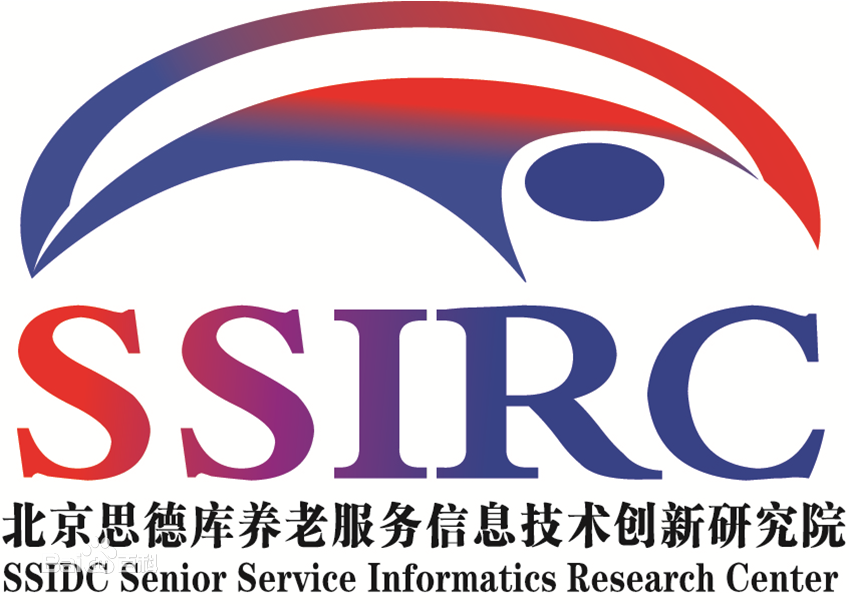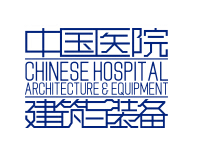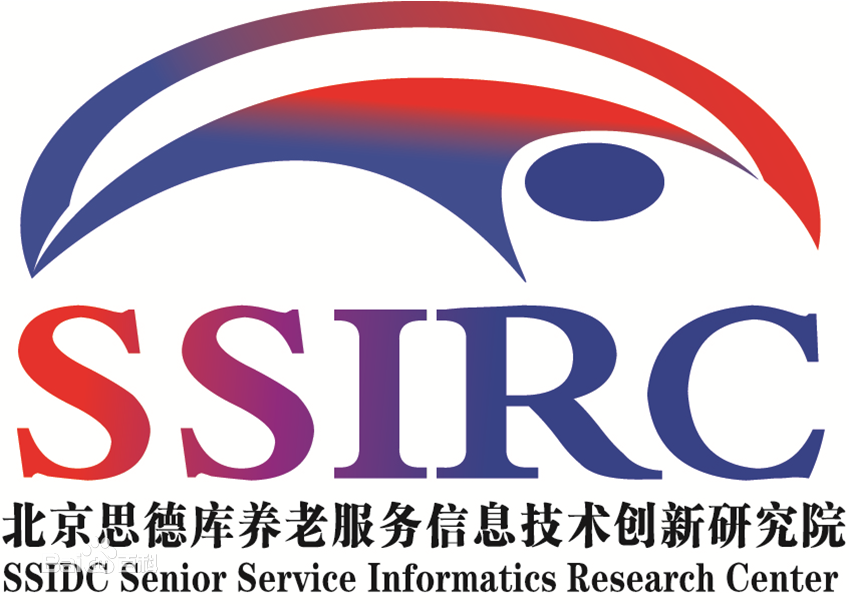
August 22-24,2019
British companies are working to boost their presence in China's healthcare sector, with particular focus on medical devices, primary and elderly care, a senior diplomat says.
Hospitals and medical professionals in China have come under increased pressure as the nation attempts to ensure all citizens have access to high-quality health services.

Kevin Holland introduces medical devices from UK at 2016 China Hospeq, a medical equipment show, in Beijing in August. Zhao Zhonghua / For China Daily
"In the past 10 years, maybe 600 million people in China have gone from very simple healthcare to the next level," says Kevin Holland, minister counselor for international trade and investment at the British embassy in Beijing. "When you do that, the types of drugs and medical devices you need change."
Britain can help by sharing its innovative products with Chinese clinics or companies, he says, adding that his country's strategy is innovation first, commercialization second.
"The UK was the first country to discover the DNA structure. Since then, it has been about leading the frontiers of research on genes - finding out how genes make up who you are, what you look like, how you respond to drugs," says Holland, who also heads the embassy's life sciences, healthcare and social care department.
"The UK has built a large diagnostic industry to look at how individuals respond to drugs. So the next decade of innovation in China, much of that will come from British research in universities today."
A 14-member delegation from Public Health England, a government body that monitors the population's health, visited China in May to look into growing healthcare challenges, including obesity and health security. UK collaborators are is also working with experts from the Beijing Genetic Institute on big data projects in the southern province of Guizhou.
China's first comprehensive blueprint for the healthcare sector, the National Planning Guideline for the Healthcare Service System (2015-20), sets out clear targets, including having one clinic and one medical service center in every community of more than 30,000 people.
Currently, in China, people with just a cough and those with lung cancer will both visit a lung specialist at a hospital, which means highly trained medics spend a lot of time dealing with trivial conditions.
"It's not a sustainable system. To change the situation, China wants to build a primary healthcare system, which is something the UK has had for more than 60 years," Holland says.
In Britain, general practitioners - a key part of primary care - see 88 percent of patients, with just 12 percent referred to specialists. In China, specialists in big cities handle 95 percent of all cases.
British GPs also benefit from modern medical devices, some of which aid diagnosis and others that allow them to provide care remotely via a computer or smartphone.
As people get older, they tend to leave the home less, Holland says, so they may wear a medical alarm bracelet or have an app on their phone that allows someone to monitor them in real-time.
For example, he says, "a care center can see a person get up at 6 am. They walk around the house, so they're physically active. The fridge has been opened, so there's something to eat. All the time, they're monitoring the well-being of the person without being intrusive, without the need to move them to a care home, which is more expensive and less humane."
Britain has many companies making medical devices, such as Smith & Nephew, Armstrong Medical and Intersurgical, all of which attended the 2016 China Hospeq, a medical equipment show, in Beijing in August.
China is the world's second-largest market for medical devices, and the market is growing at an average rate of 20 percent a year. Yet demand is outpacing supply due to the ageing population and the rise in affluent people who want better-quality health services.
Holland predicts demand will soar in the next decade in second- and third-tier cities as well as in rural areas, where there is already a lack of resources.
TPP, a UK clinical software company, entered the Chinese market three years ago.
"The golden era of Chinese business has allowed us to begin projects in provinces nationwide, setting up pilots to demonstrate the benefits of our integrated outpatient and public health system," says Hui-Chi Yeh, director of TPP's operation in China.
Holland's says his team is acting as matchmaker, putting innovative technology from Britain into the hands of Chinese medical companies and organizations.
"We have offices in Chongqing, which is an interesting place because it's one of the centers of traditional Chinese medicine," he says, adding: "Liverpool School of Tropical Medicine has a long-term co-operation in south China."
His team has also met with government and hospital officials in Urumqi, capital of the Xinjiang Uygur autonomous region, and Kunming, the Yunnan provincial capital, to discuss setting up healthcare and elderly care systems.
"We just need to get to know them," he adds. "It's a soft decision and hard decision: the hard part is about the technology or healthcare system they need; the soft part is trying to meet people face to face and decide the right match."
From China Daily
































































































